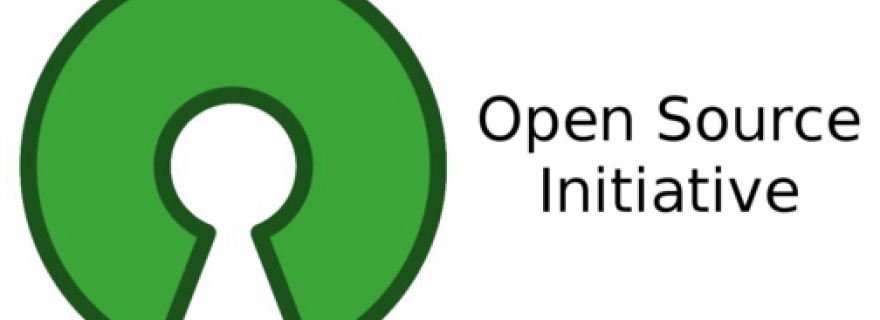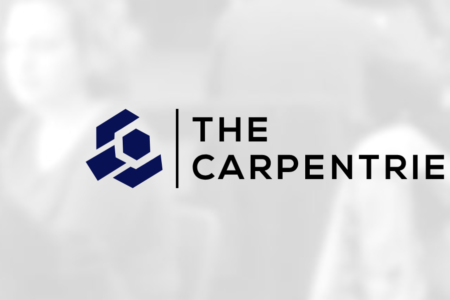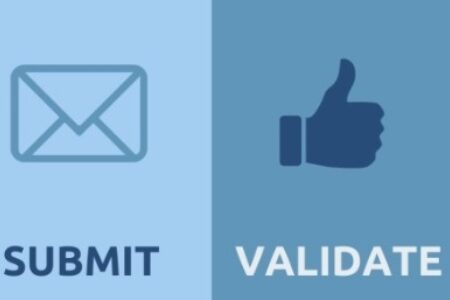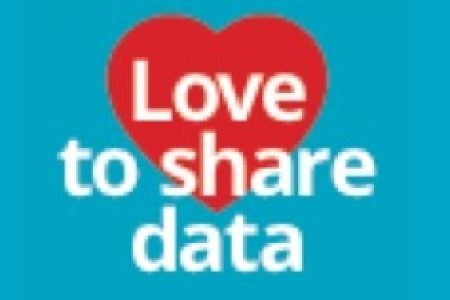Tip 4: Share your research software with an open license
Research software is, as any creative work, protected under copyright.
This is one of the “Five tips to make 100% open access a reality” published daily during Open Access Week 2020.
Research software is, as any creative work, protected under copyright and if no license is attached to the work it cannot be used by others beyond what is permitted by the copyright act. As a user I am allowed to use the software in carrying out my research. I am allowed to make a copy of the software for the following reasons: to make the program work on my hardware or other systems, to correct bugs, to translate and to improve, but only for my own use, and for archiving purposes.
As for research articles, there are many flavors of licenses for research software. The most straightforward choice for research software would be a license that resembles CC-BY, thus allowing for reuse while demanding attribution. MIT and ApacheLicense 2.0 (Apache-2) are two good examples of such licenses. Compared to MIT, Apache-2 allows for more refined attribution by demanding that significant changes to the software must be stated. Apache-2 also includes a patent license from contributors of the code, meaning that the licensee may make or use software that might otherwise infringe the licensor’s patent claims. GeneralPublic License 3 (GPL-3) is another popular license that demands attribution. Three important differences exist between the GPL-3 and the MIT and Apache-2 licenses:
- the GPL-3 is a ‘copyleft’ license which means that any derivative work must be distributed under the same license as the original work;
- under the GPL-3, the licensor must make the source code available to everyone;
- the GPL-3 forbids any kind of patent protection on the software. In that sense it is compatible with CC-BY-SA. GPL-3 also for example demands that installation instructions are provided.
In summary, if you want to attach a permissive license similar to CC-BY you can for example select MIT if you only care about attribution and Apache-2 if you care more about what happens to your software in terms of substantial changes and if you wish to avoid simple patent infringement disputes.
A question that you might have is if you can also choose a CC-BY license for your software. The answer is that the Creative Commons organization recommends against it because the CC licenses do not contain conditions that are more specific to software and are therefore better suited for this purpose.
There are many other open software licenses to choose from. You may consider licenses listed as free by the Free Software Foundation and listed as “open source” by the Open Source Initiative. The License Chooser can help you make up your mind. Finally, there is more to making a software available than attaching a license. If you want to go deeper into this subject, we recommend the following websites:
- 5 recommendations for Findable, Accessible, Interoperable and Reusable (FAIR) software
- Top10 FAIR Things for research software
We would like to thank Lucie Guibault and Erna Sattler for factchecking the text.





